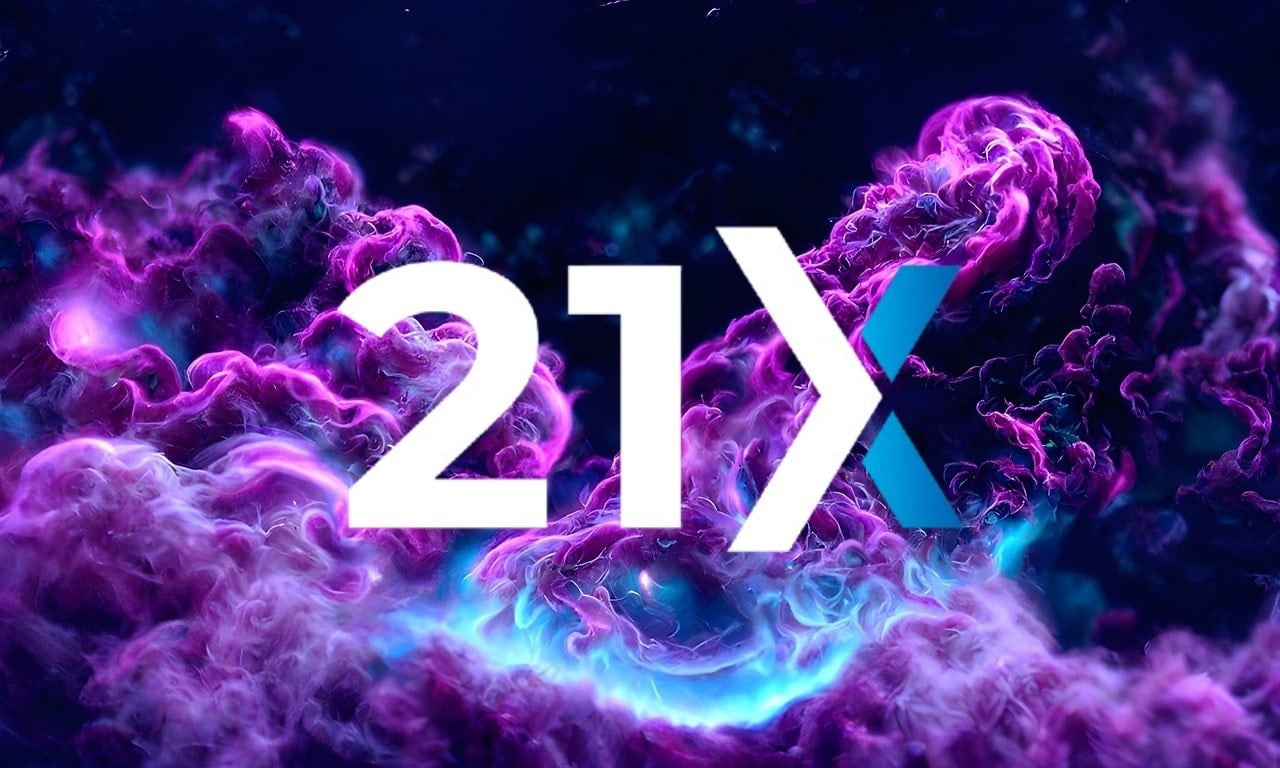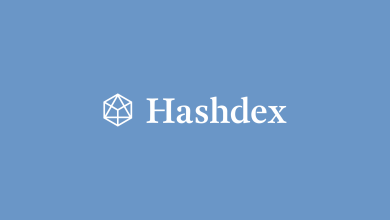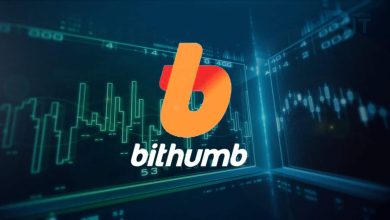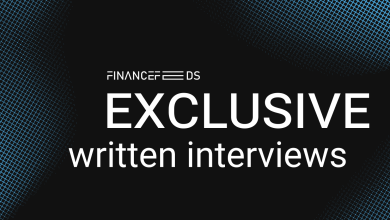21X Debuts Tokenized Securities Platform: The Spotify Moment of Finance


21X has officially launched its secondary market platform for tokenized securities and stablecoins, establishing the world’s first regulated blockchain-based financial market infrastructure that enables atomic trading and settlement. The launch, under the oversight of BaFin, the Bundesbank, and ESMA, is being hailed as a transformative milestone for global capital markets.
Backed By Industry Leaders
The platform launches with strong support from global blockchain and fintech leaders including Chainlink, Circle, Polygon, and SBI Digital Markets. Additional backing has come from ABN Amro, Apex Group, Future Processing, Stellar, and Tradevest, demonstrating broad industry confidence in the platform’s approach.
21X had already opened its primary market in May with the listing of its first tokenized note. The secondary market launch now completes the picture, offering liquidity and accessibility within a regulated ecosystem.
Instant Settlement With Stablecoins And Fiat
Investors can use stablecoins, other digital cash, or fiat money to purchase and trade tokenized assets on 21X. Transactions are matched and settled in just two seconds—dramatically quicker than the days or weeks common in traditional markets. The company previously participated in European Central Bank trials for digital settlement, positioning it at the forefront of regulated innovation.
Breaking Down Walled Gardens
Unlike other platforms that restrict participation to certain regulated institutions, 21X opens access to corporates, institutional investors, banks, and financial institutions. This democratized access model creates new use cases for tokenized markets and broadens liquidity pools.
Max J. Heinzle, founder and CEO of 21X, compared the launch to a “Spotify moment” for capital markets, saying: “For the very first time a security trade is settled atomically, peer-to-peer, in real time, no longer requiring central securities depositary nor clearing services.”
Pipeline And Global Growth
21X has already secured over 30 platform participant agreements and has more than 100 financial instruments from global issuers in its pipeline. The company operates weekdays from 8am to 5pm CET, with plans to expand to 24/7 operations as global demand scales.
Heinzle emphasized the broader mission: “Today, investors worldwide can directly access our blockchain-based platform that finally delivers what digital securities have promised—speed, transparency, accessibility, and cost reductions.”
Key Partners’ Perspectives
Chainlink, which provides decentralized oracle networks, powers 21X’s market data publication directly onchain, unlocking new levels of transparency and collateral utility. Circle, issuer of USDC and EURC stablecoins, highlighted its commitment to regulated infrastructure by making stablecoins available for settlement on 21X.
Polygon, a key ETH scaling answer, provides the blockchain foundation for tokenized securities transactions. SBI Digital Markets, a subsidiary of Japan’s SBI Group, brings capital markets expertise and a global distribution network to assist scale the platform internationally.
The Road Ahead
21X aims to lead a shift from traditional clearinghouse-dependent systems to blockchain-native infrastructures. Its model allows wallet-based access, either through self-custody or third-party custody, giving institutions flexibility in participation while maintaining compliance.
By combining regulatory oversight with blockchain efficiency, 21X positions itself as both a challenger and a bridge between decentralized finance and traditional capital markets.





